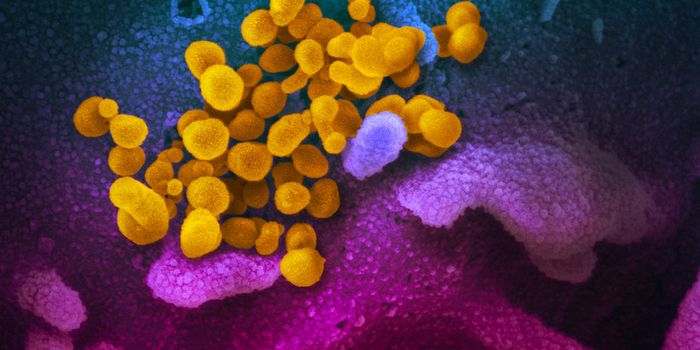Human Antibody That can Neutralize West Nile Virus is Found
In 1999, there were 62 cases of West Nile Virus in New York State. Since then it has spread around the United States; Alaska is the only state that has never documented a case, even Hawaii has recorded one. Transmitted by mosquitoes, there are usually very few symptoms in infected individuals. For about one in every 150 infected people, however, a serious and potentially fatal illness will occur. There is no vaccine or treatment for this virus, which sickens about 2,500 people per year.

New research by scientists at Vanderbilt University may change that. Reporting in Nature Microbiology, the scientists have isolated a human antibody that is capable of neutralizing West Nile virus. It may be able to stop the deadly brain inflammation, called viral encephalitis, that the virus can cause.
"West Nile virus is still an important cause of brain infections in the U.S., and there is very little we can do to help these patients," said the co-corresponding author of the report, James Crowe Jr., MD, the director of the Vanderbilt Vaccine Center. "It was exciting for us to use our antibody discovery technologies to find naturally occurring human antibodies that can prevent or treat the infection," he added.
The human immune system is capable of generating antibodies against a potentially unlimited number of pathogens. If a person is found to be immune to the effects of an infectious agent, and the protective antibody that their body makes can be isolated, it can help researchers design effective treatments or vaccines. While mice can be helpful in these studies, they are not able to generate a huge variety of different antibodies like humans can.
Crowe has worked on a variety of different viruses. His research team has previously isolated human antibodies for a variety of viral pathogens, including HIV, Ebola, Zika, dengue, influenza, norovirus, respiratory syncytial virus (RSV) and rotavirus.
For this work, the investigators harvested serum and blood cells from thirteen individuals infected with West Nile virus in 2012, when an outbreak of West Nile virus hit Dallas, Texas.
White blood cells, a type of immune cell that makes antibodies, were joined with a type of cancer cell to create little biological factories that could churn out huge numbers of specific, monoclonal antibodies.
Testing by the researchers showed that one antibody that was generated was able to inhibit the action of the virus in a lab model. This antibody, WNV-86, was tested in mice and was able to provide total protection from a normally lethal level of West Nile infection.
A lot more work remains before clinical testing in people will start. The research indicates, however, that it may be possible to treat and potentially prevent the illness.
Learn more about West Nile Virus transmission from this video by UW Medicine.
Sources: Phys.org via Vanderbilt University, CDC, Cell Host & Microbe, Nature Microbiology








